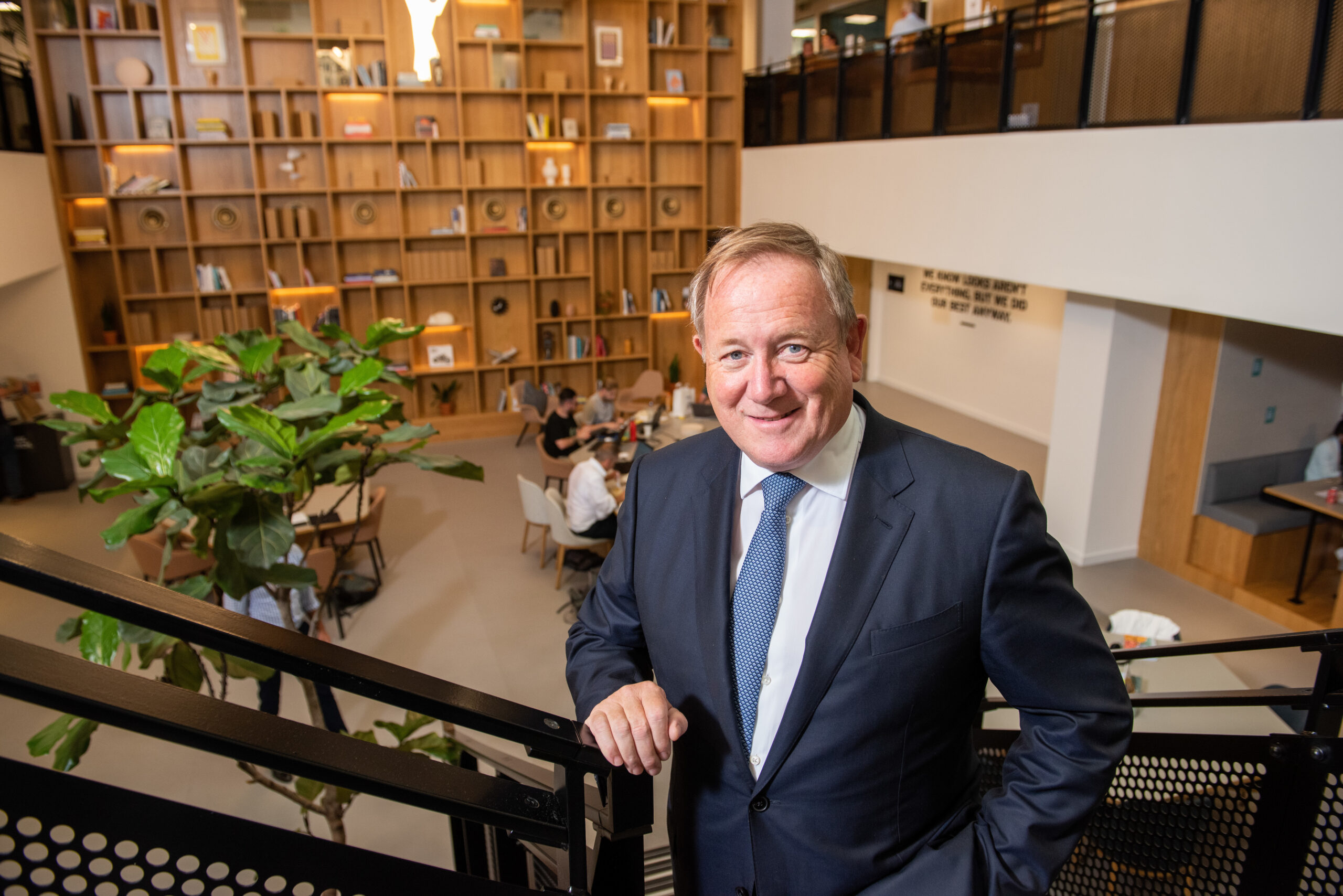Gen Z and millennials seek better work-life balance
- Josephine Tan

With the pandemic having resulted in both positive and negative shifts in work experiences, Gen Zs and millennials are voicing their desire for improved work-life balance and flexibility in the workplace.
Among this group of employees, about one in three say they are very satisfied with their work-life balance, compared to just one in five in 2019. These employees also highlighted improvements in workplace flexibility, diversity, equity, and inclusion (DEI) efforts in their organisations, according to Deloitte’s 2023 Gen Z and Millennial Survey.
Based on responses from over 22,000 employees across 44 countries, the survey revealed that work-life balance and flexibility are now crucial considerations for Gen Zs and millennials, who value the freedom to choose when and where they work, with many readily embracing hybrid or remote work models.
The demand for flexible work arrangements, including condensed work weeks, is on the rise. Moreover, Gen Zs and millennials are seeking enhanced career advancement opportunities for part-time roles. In Singapore, 69% of Gen Zs and 70% of millennials would consider seeking new job opportunities if their employers insisted on full-time on-site work.
READ MORE: ‘Selfish’ Gen Z employees in Australia refuse to return to office
Another key concern is the cost of living, with more than half of Gen Zs and millennials living paycheck to paycheck. Many are taking on secondary jobs to make ends meet, resulting in stress and burnout that is impacting their mental health.
Climate concerns also significantly impact the career decisions of Gen Zs and millennials. Over half of the respondents indicated that they research an organisation’s environmental impact and policies before accepting a job. Additionally, one in six respondents have already changed jobs or sectors due to climate concerns, and approximately a quarter plan to do so in the future.






